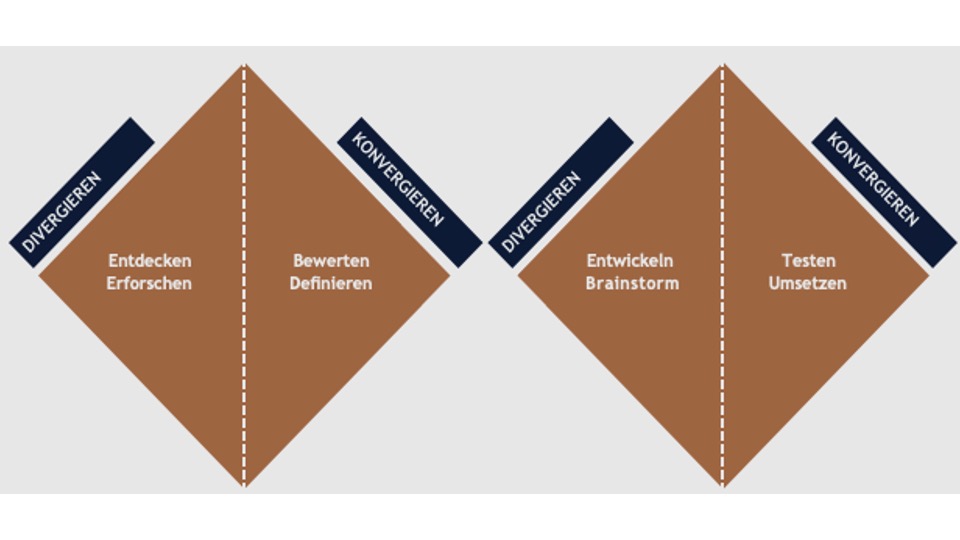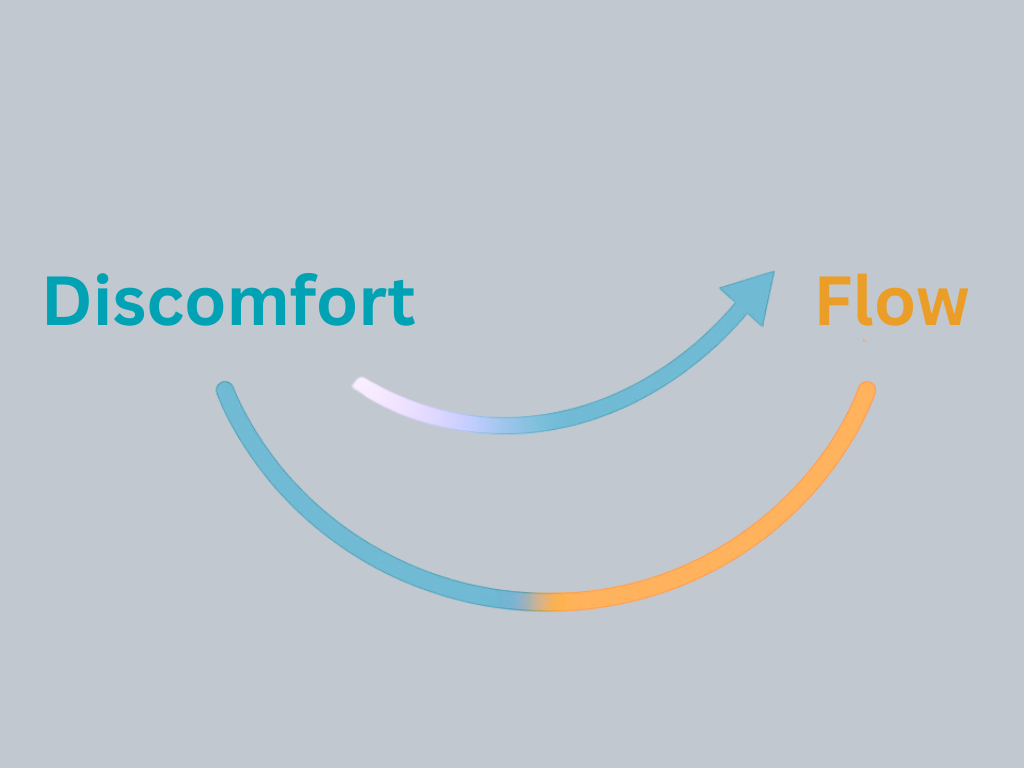In these turbulent times, it’s not so easy to be present. There are always these thoughts: How was the presentation yesterday? How can tonight with my guests be a success? Didn’t I already wear this shirt this week? A study from 2010 showed that 47% of our thoughts during the day are elsewhere than on the actual task in front of us.
The same study has shown that when we constantly digress, it tends to make us unhappy.
And that being present increases our well-being, our creativity and our clarity.
And almost more importantly, the greatest gift you can give your employees and colleagues is your presence.
When was the last time you gave another person, for example one of your employees, your full attention?
And I don’t mean the yes-okay-tell-quick-but-make-it-short version of attention.
No, I’m talking about your full presence, with all the trimmings. That means listening, holding the space and simply being there.
We often think that if we don’t say anything or don’t offer immediate assistance, then we won’t do anything. But that is not the case. First and foremost, we humans want to be seen, heard and understood. And this is most likely to happen if we switch out of problem-solving mode and simply listen. Only in the second step can we then think about possible solutions together.
Would you like to strengthen your presence? With this link: http://bit.ly/3xxtzPG
will take you to a 4-minute exercise. Good luck on your way to more presence.




